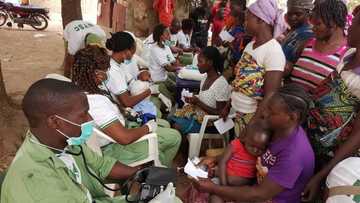Primary health care in Nigeria - challenges
Primary Health Care in Nigeria has always been an issue. This country has always needed better solutions and services in the area of medicine. A lot has already changed since the country`s independence, but there is still work to do. Without overcoming the challenges, there is no future for health care in Nigeria!
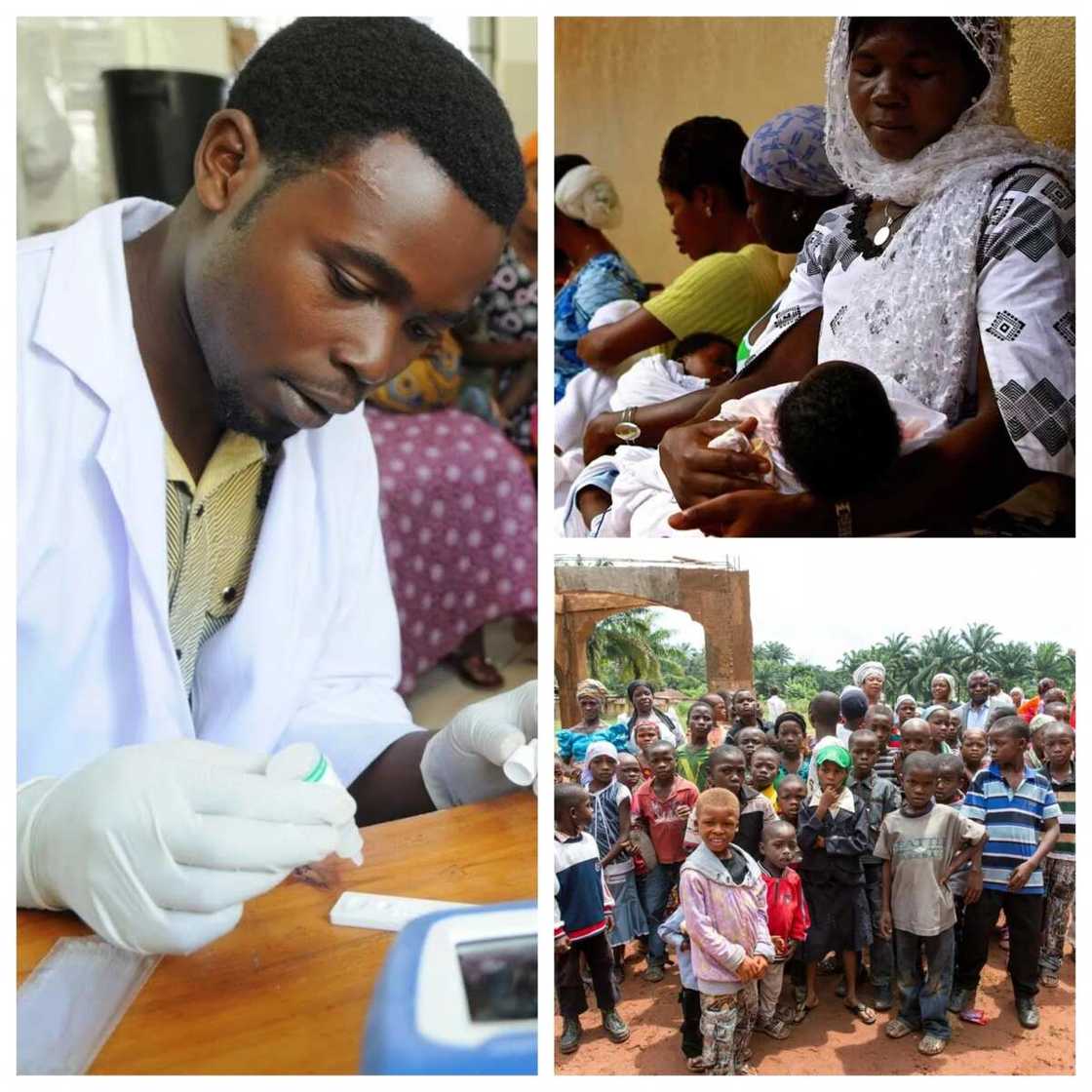
Components of Primary Health Care in Nigeria
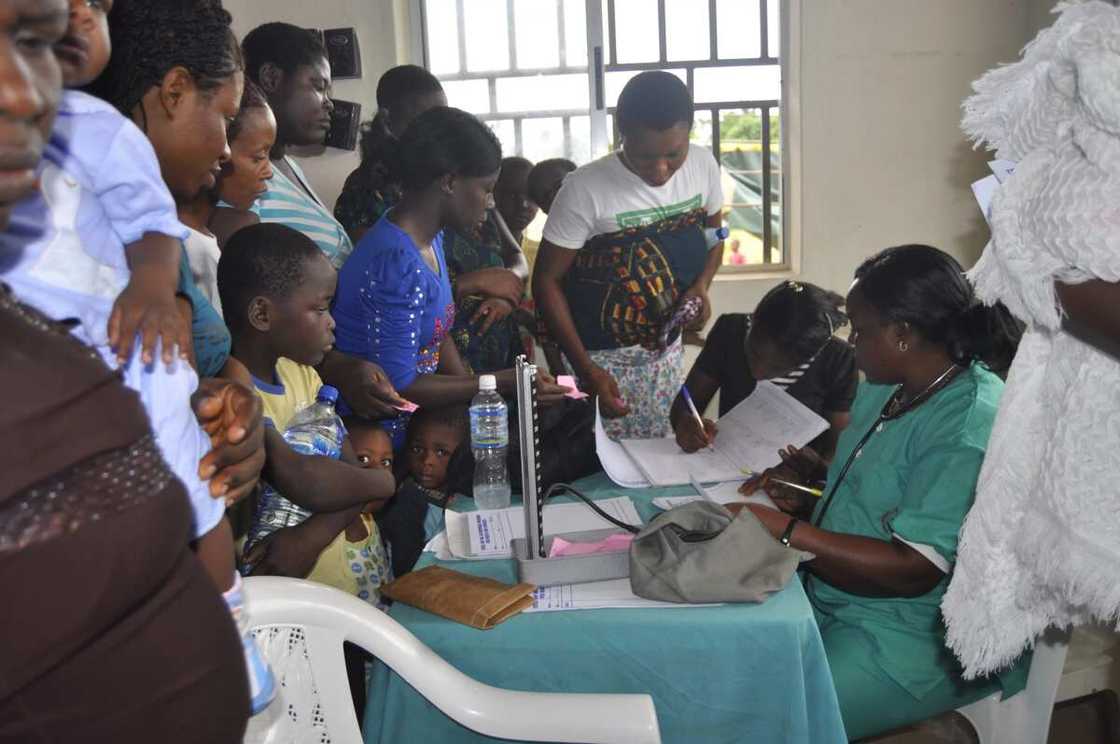
Nigeria is hoping to follow the eight primary components of health care adopted by the World Health Organization (WHO) in the Declaration of Alma-Ata. This declaration was made to create the basis which could help to provide healthcare globally. Therefore, Nigeria is working towards following these main eight pillars of the world`s primary health care system.
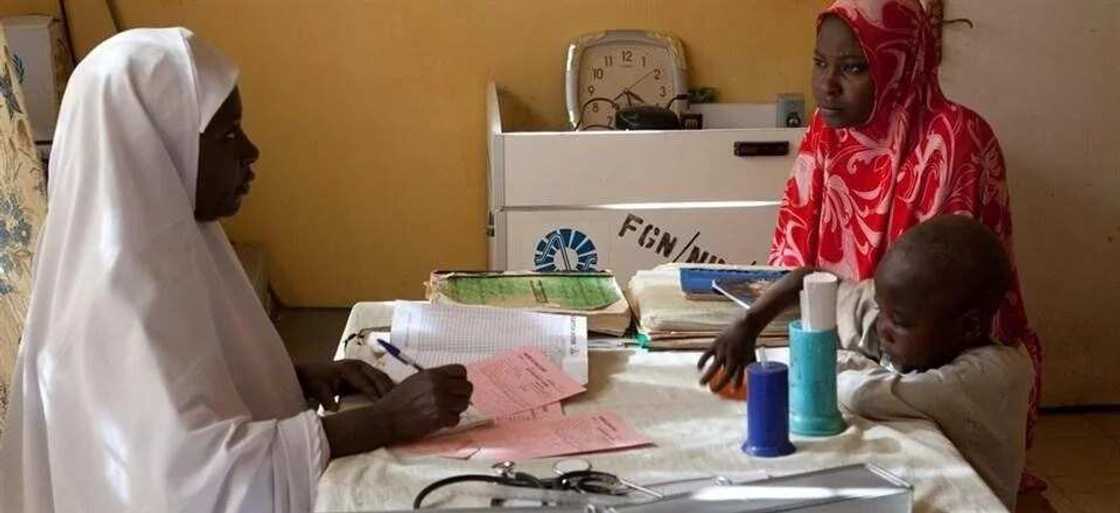
- Public education is the first pillar of primary health care. According to WHO, knowledge is the best weapon against the spread of diseases.
- Nutrition is the second pillar of the healthcare system. Health Care in Nigeria is trying to control malnutrition in the country. However, due to the unstable political situation in some of the states, there are problems when it comes to controlling nutrition.
- Supply of clean and safe drinking water. It`s also a problem for some parts of Nigeria. As a result, Nigeria must works towards providing its population with clean and drinkable water.
- Primary health care which includes adequate treatment for children, mothers, and future mothers.
- WHO informs countries about the necessity of global immunization. It can help to prevent the spread of infectious diseases.
- Prevention and control of local diseases are another critical issue for primary health care in Nigeria.
- Access to proper medical care is one of the principles of primary health care in Nigeria!
- The arrangement of essential pills and medicine so they can be available to patients.
Challenges of Primary Health Care
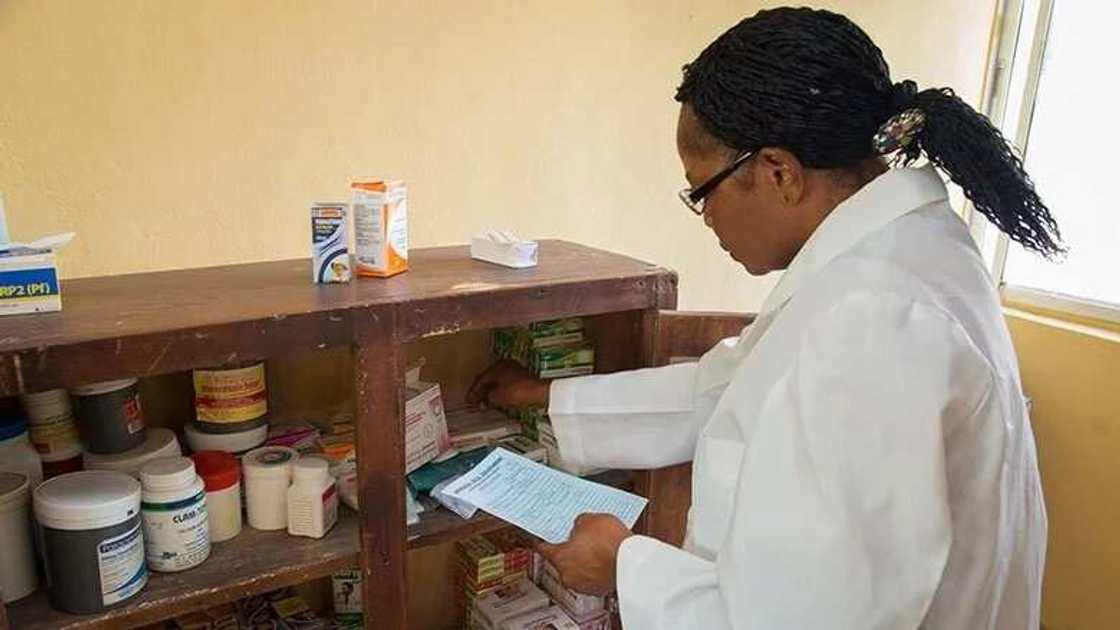
Even though the country acknowledges all the eight pillars of primary health care, it does not mean that people in Nigeria get adequate medical treatment. The medical system in Nigeria has a lot of issues. Health care problems have become very obvious in Nigeria. Let`s take a look at the most challenging issues in the primary health care system in Nigeria.
1. Lack of political will

The Government's commitment to the cause is certainly a key element in the decentralization of health services, which can improve primary health care in Nigeria. Most leaders do not show a strong political will to change the situation in health care in Nigeria. Most of the local health programmes managed to succeed only with the help of international agencies.
2. Inadequate funding
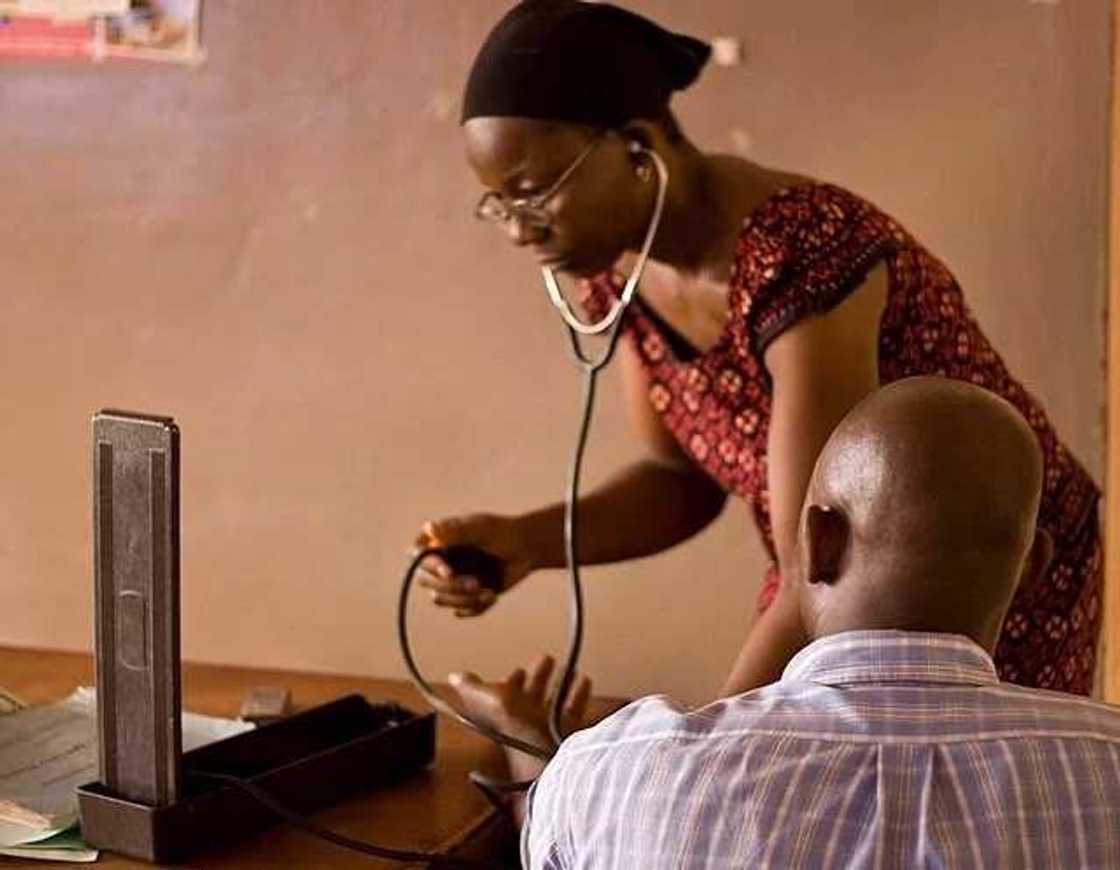
According to the instructions of WHO, a country should spend at least 5% of GNP on health. Most of the developed countries spend at least 10% of GNP on health. Developing countries use from 1.5 to 4% of their GNP on health. The inadequate financing and dependence on the international agencies can have a terrible effect on the system of health care in Nigeria. Therefore, it`s necessary to get rid of the dependency and rely on the resources of Nigeria only!
3. Bad inter-sectoral collaboration
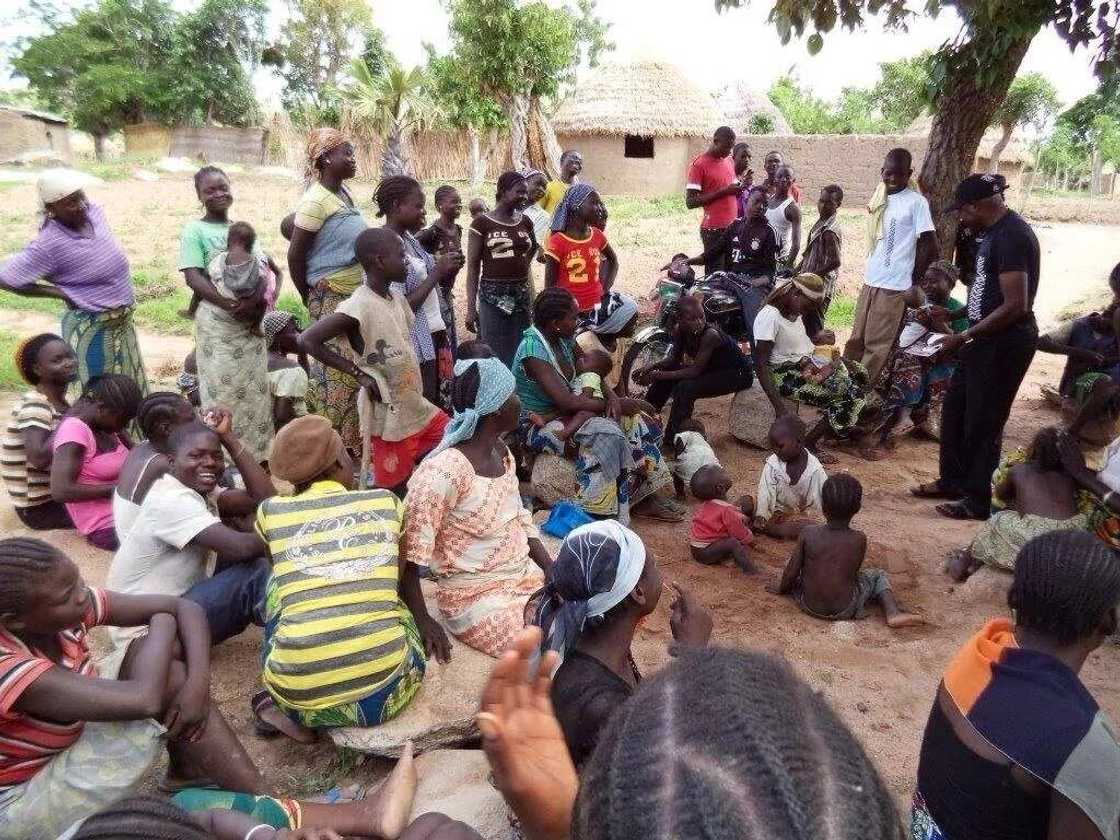
READ ALSO: Trace the history of primary health care in Nigeria
According to the instructions of WHO, one of the key elements of primary health care is a good inter-sectoral collaboration. This involves bringing together the components of healthcare in Nigeria. It means that Nigeria should achieve a collaboration between sectors, like health, housing, water industry and education.
WHO experts inform that health care system in the country mirrors the political system in the country. Therefore, the Federal Government should take the main responsibility for the problems of the health care in Nigeria. It`s especially true with the financing of tertiary health care facilities.
4. Poor Quality of Services in Primary Health care facilities
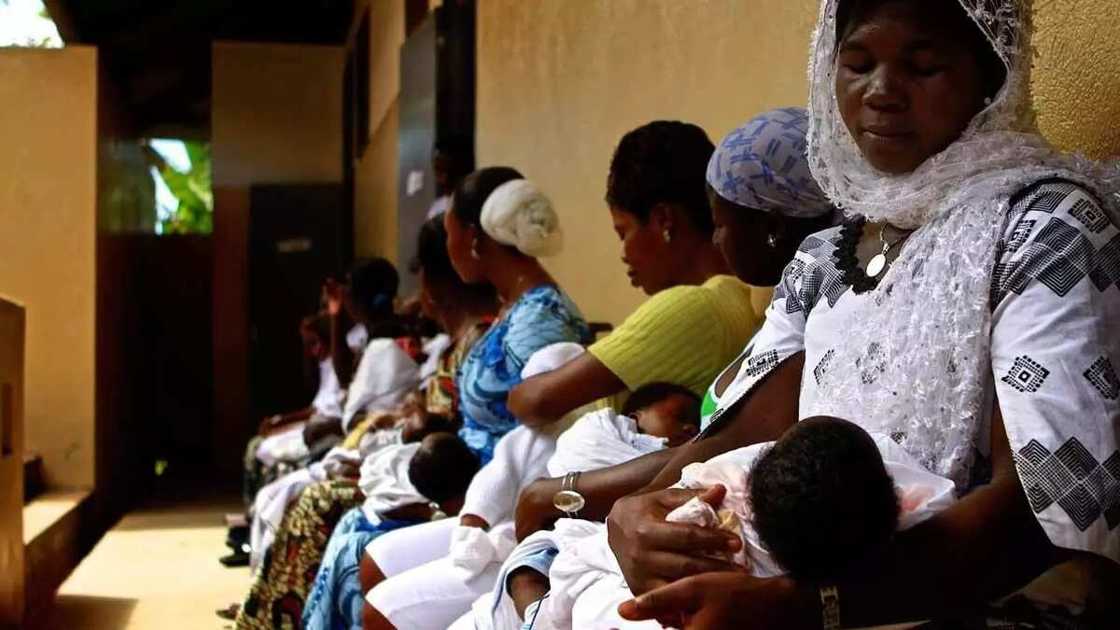
One of the main problems for Nigerians is a common misconception that primary health care facilities in rural areas are not adequate for treatment. Therefore, Nigerians prefer to stay in long queues in city hospitals, than to ask help from rural health facilities. They even prefer to treat common ailments in hospitals. Another common misconception is that primary health care facilities are for lower class citizens.
5. Low community participation
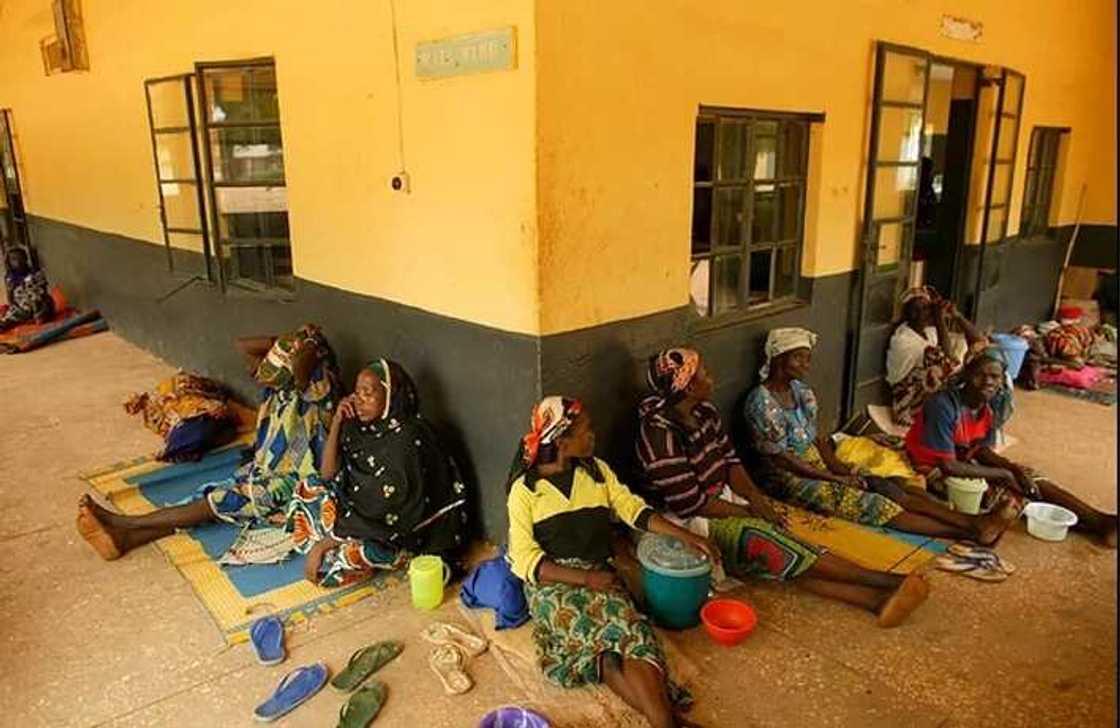
Community participation is one of the main basics of health care in Nigeria. In this case, it does not provide much help to the primary health care facilities. The institutionalized organizations, like Village Development Committees and Ward Development Committees, should pitch in when it comes to solving the health facilities` problems.
Unfortunately, the inadequate community mobilization and conflict between communities and the government can`t support the stable development of primary health care in Nigeria!
6. Human Resources in health care facilities
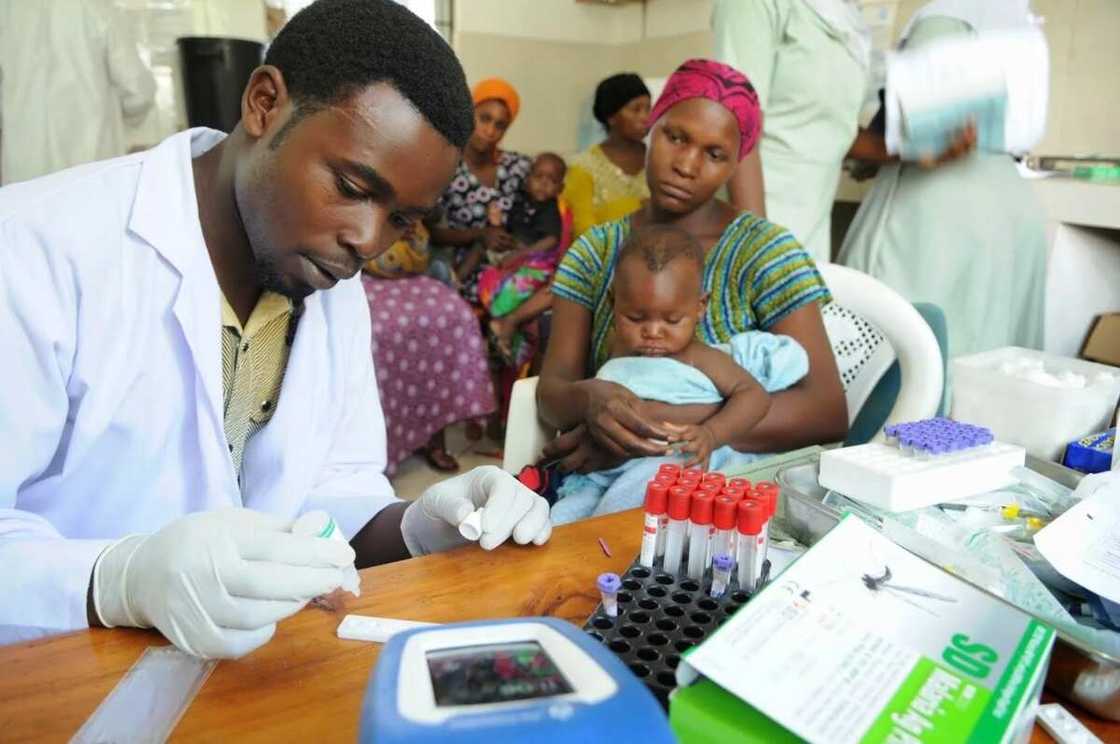
You will not find any health care system that can work without adequate personnel. Human resources form the very backbone of any health care system. But unfortunately, our primary health care is suffering from a lack of human resources. There are a lot of problems connected with
- Poor job satisfaction;
- Inter-Cadre Conflicts;
- Inadequacy of personnel;
- Poor professional quality of personnel.
In addition, there is no adequate planning for human resources in the medical health care facilities in Nigeria. New interns do not desire to serve in the rural areas of the country. Therefore, primary health care facilities in rural areas experience a lack of personnel.
Primary Health Care in Nigeria Conclusion
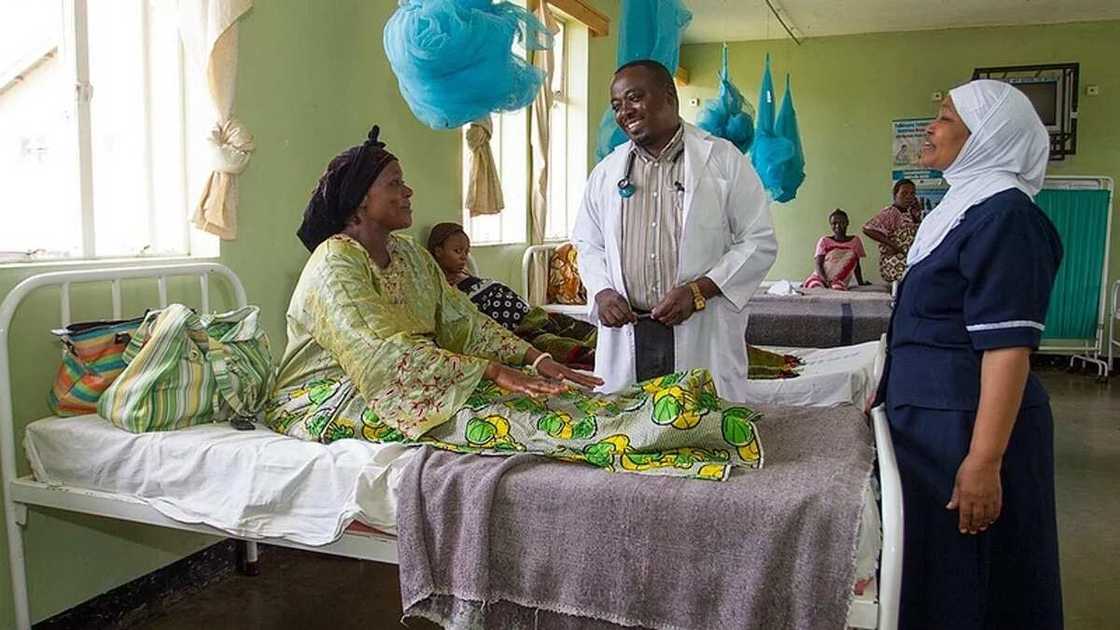
Nigeria is one of the many developing countries in the world. It faces a lot of troubles. One of the most important of them is primary health care. Unfortunately, the instability in this sector remains the same.
READ ALSO: List of social problems in Nigeria
Source: Legit.ng






